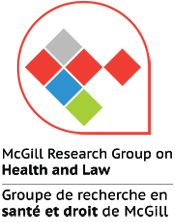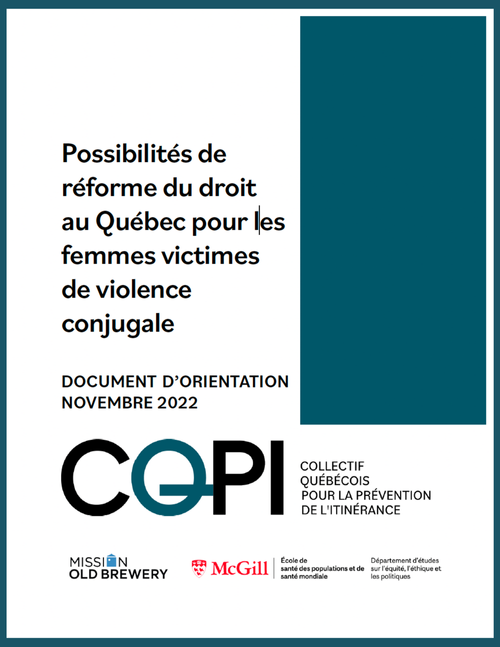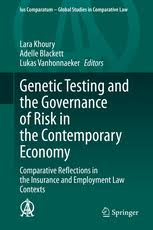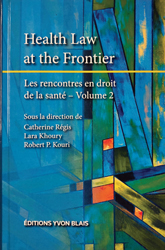Upcoming Events

Health as a social and academic priority
Health issues are at the forefront of modern social preoccupations in Canada. McGill’s Faculty of Law offers an array of opportunities for those who seek to explore these issues through academic study and research.
Public health, aging, health and the environment, biotechnologies, global health, the growing prevalence of obesity and other chronic health conditions and illnesses, HIV/AIDS and the spread of infectious diseases, access to health care institutions and technology, the governance of health care institutions, human rights and health, clinical research and the protection of human research subjects, social diversity and health, and Indigenous health exemplify topics of preeminence in the minds of Canadians that McGill’s Faculty of Law has also identified as priorities.
A tradition
McGill’s Faculty of Law has a strong tradition in health law. Emeritus Professor Paul-André Crépeau (1975-1994) published a seminal work titled La responsabilité civile du médecin et de l'établissement hospitalier in 1956, which contributed in a major way to the development of medical law in Quebec. It houses the Centre for Medicine, Ethics and Law, founded in 1986, whose founding director, Margaret A. Somerville, was a prominent scholar in bioethics. The Crépeau Centre for Private & Comparative Law, founded in 1975, also demonstrates the Faculty’s commitment to health law through, inter alia, the work of Me Pierre Deschamps C.M., Project Director - Medical Law and the Ethics of Research and Organisations.
Teaching and research in health law
McGill University and its Faculty of Law offer an exceptional and unique space for transsystemic, comparative and pluridisciplinary pedagogy and scholarship on health law matters. A number of courses that address health law and policy questions are offered to our undergraduate and graduate students. Several colleagues also act as supervisors to graduate students working on projects that deal with issues of health and medical law.
Health research initiatives underway at McGill’s Faculty of Law investigate diverse themes of pressing importance within both academic and societal realms. The Law Faculty is also host to various research centres which oversee work bearing a direct impact on health issues. In recognition of the growing importance of this discipline, the McGill Research Group on Health and Law was formed with a view to advancing health law research within the Faculty of Law.
Vibrant student initiatives
Students at McGill Law are also at the core of the Faculty’s commitment to teaching and research in the area of health law. The Faculty-wide enthusiasm for health law studies is demonstrated by student initiatives such as the McGill Journal of Law and Health.







